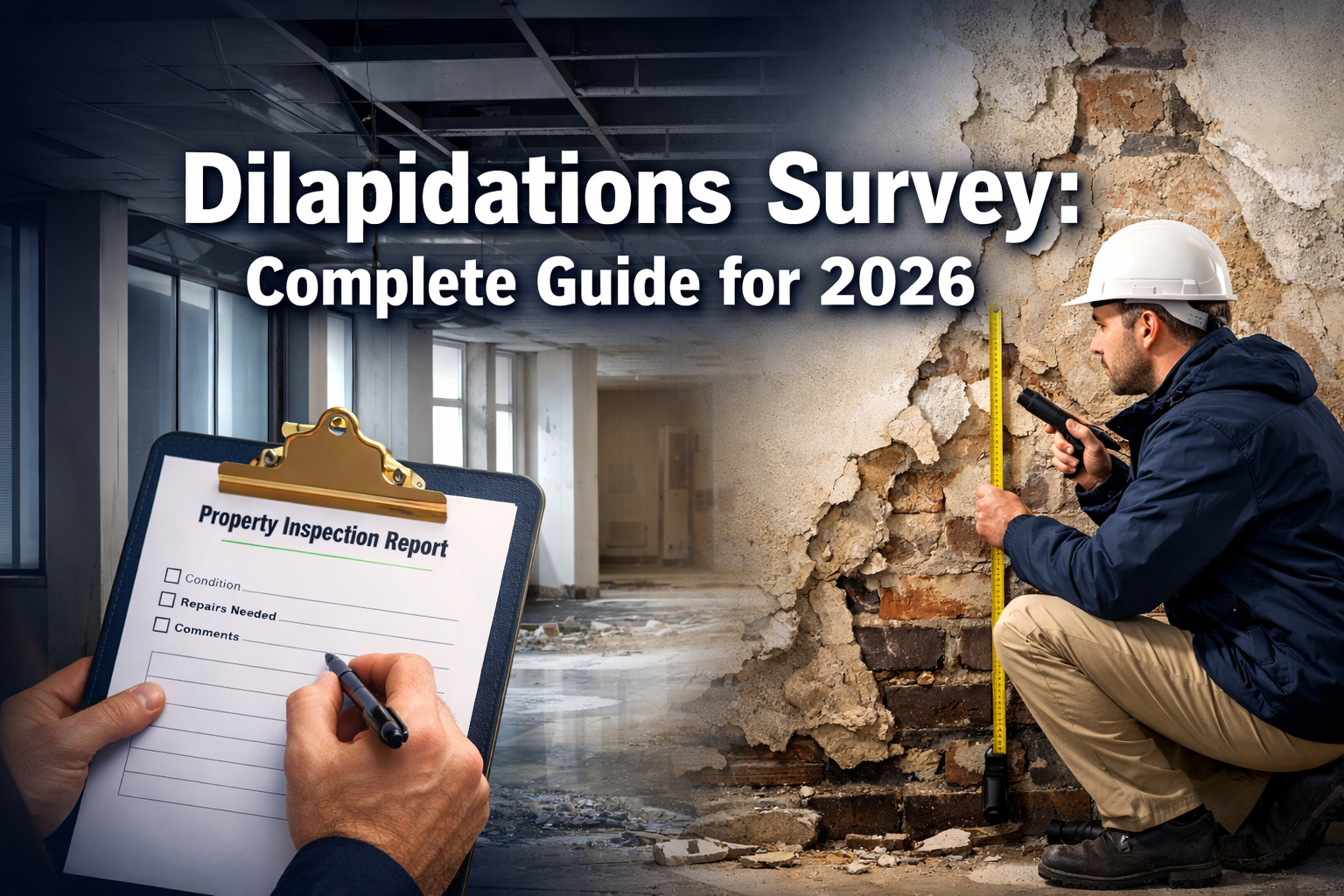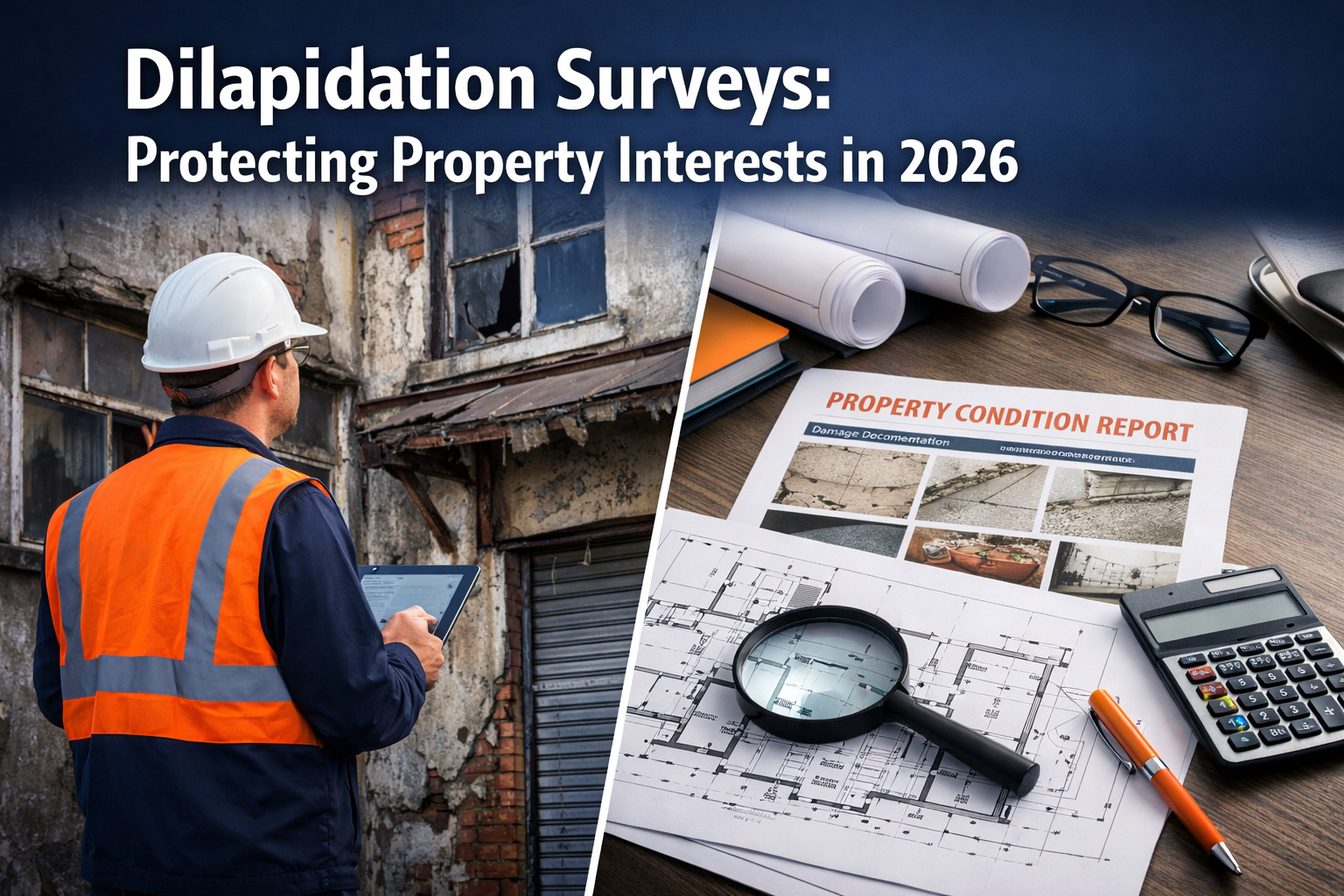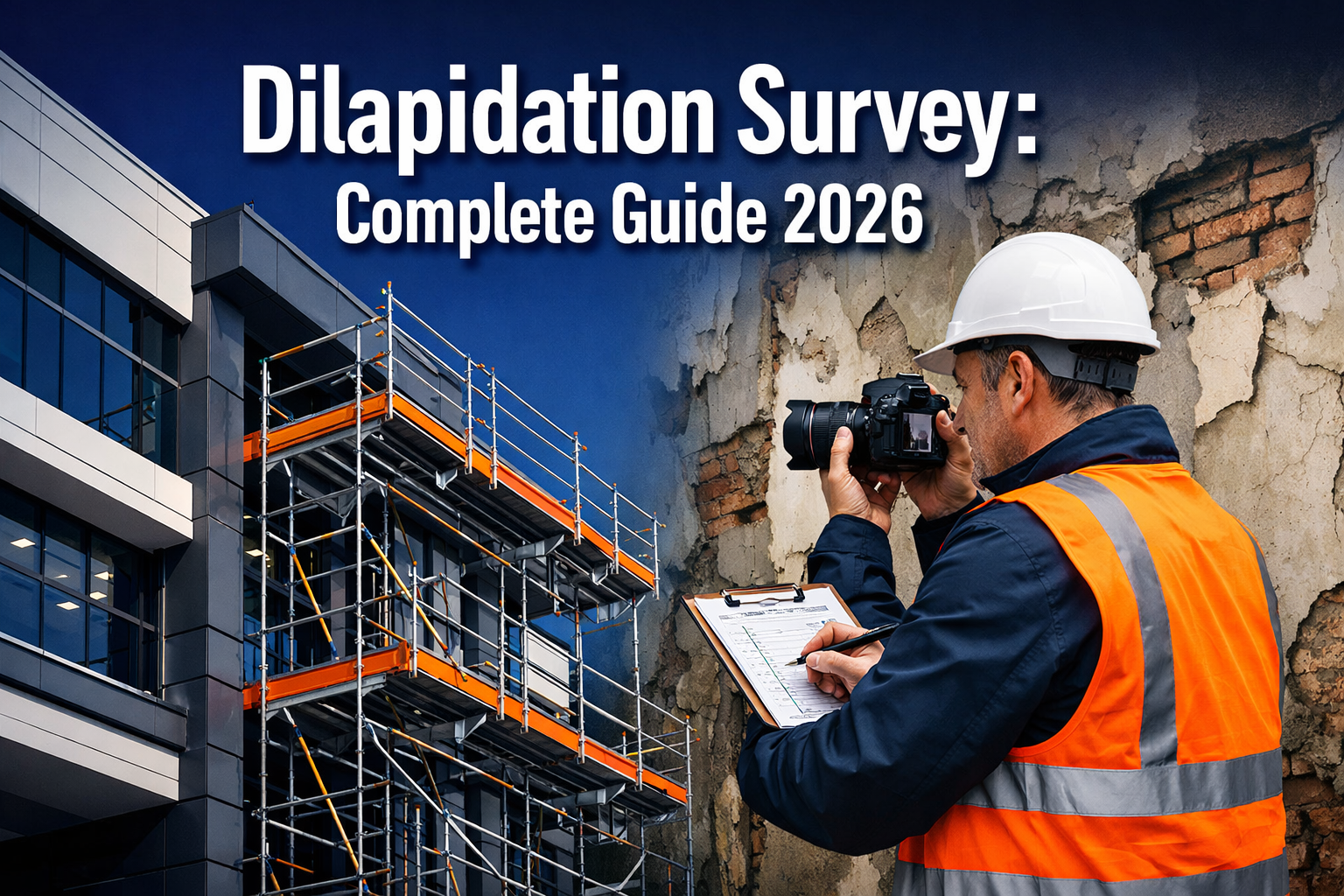Damage to Property in Party Wall
- Home
- Damage to Property in Party Wall
Party Wall Awards Offer Legal Protection
If any work between neighbours comes under the Party Wall Act and a dispute develops, a party wall surveyor is needed. A party wall surveyor will see to the project and put together an agreement which will later be given to everyone concerned.
A party wall agreement which is legally binding, outlines both the building work being done and any other details about the work needed by the surveyor.
Schedule of Condition Proving Damage
Party Wall Surveyors must also draw up a schedule of condition to describe what the condition of a room or structure is in the nearby area affected by the Party Wall Act. It ensures that general wear and tear which happens to the walls, floors and ceiling, is noted beforehand so the building owners don’t face potential claims for it afterward.
If you are not able to survey your property for a Schedule of Condition, it is very difficult to provide evidence of changes to it. Therefore, it’s important to get a Schedule of Condition completed before starting any work.
What Happens if my Neighbour causes Damage in Party Wall?
It is possible for Party Wall Works to damage structures on Adjoining Owners properties, for example the roof verge, outside wall finish, patio and so on. If someone building under the Party Wall etc. Act 1996 is shown to be negligent, then the responsible builder must either give money to the Adjoining Owner affected or fix any damage to that person’s property.
Why does Damage occur in Party Wall?
A party wall may be damaged for different reasons. There is a chance the damage came about accidentally such as from nearby building works. A party wall incident might happen on purpose or as a result of the contractor not being careful (such as drilling through the party wall too deep).
For party wall works related damages, the first option available to the adjoining owner is to get the builders to correct the damage themselves; in the event they don’t, the owner can hire a builder and require the developers to cover the expense. Before carrying out repair or replacement, allow the Building Owner to either fix it or offer to pay what is fair.
How is Compensation Calculated in Party Wall?
Damage may take the form of broken plaster or a shattered window. One simple solution would be to request the contractors on the job to solve the problem. The idea might work if you believe the company or individual you decide on is skilled or experienced.
Alternatively, if the surveyors are in agreement, you should consider getting another builder and let the Building Owner bear the costs.
Otherwise, a payment in exchange for the Building Owner’s work on your property is arranged as usual. The total agreed cost must either be approved by the Owners or decided by the Party Wall Surveyors.
A major topic in the Party Wall Agreement is deciding the amount of compensation for the affected party. Should pay be requested, the Surveyors would judge the extent of the damage, compare it to industry standards and decide on a suitable amount to cover the work. The price of materials and labour at the time of building could be considered, together with the state of the Adjoining Owners property before the works.
How is Compensation Claimed in Party Wall?
The Building Owner must also instruct their contractor and anyone else involved in the works to ‘make good’ any damage caused to your property. If the contractor fails to do so, then it is the Building Owner, not you, who is legally responsible for putting things right.
You can not prevent someone from exercising the rights they are given by the Act, but you may be able to influence when and how they do the work if you can convince them through good facts and argument.
Do I need to go to Court for Party Wall Damage?
Once the Party Wall Award work has been done, party wall surveyors will once more look at the condition of the properties.
When inspecting a property, the original party wall agreement and the schedule of condition are both taken into account. The inspection is a comparison of two states: the condition of the property before any work was performed and the condition after the work was done.
The state of the property before the work is well documented, as is the nature and extent of the work performed. If any damage has occurred that can be reasonably tied to the work done under the provisions of the Party Wall Award, then the adjoining building owners are clearly permitted, under the Act, to have that damage made good.
When actual damage occurs, the party wall surveyors are required to put together a written acknowledgment to serve as the basis for a claim to the adjoining property owner’s insurers. This acknowledgment typically takes the form of an addendum attached to the notice of proposed works.
The addendum details the damage, the cause of the damage, and it also estimates the amount of compensation due. The Building Owner named in the notice of proposed works is the party that is liable to pay that compensation.
Is Party Wall Insurance necessary?
Typically, the person who is ordering the works to be done is the one liable for ensuring that an Adjoining Owner does not suffer any damage as a result of those works.
If damage does happen, then it is up to the Building Owner to see that it is made good; usually that means repaired, but more often it seems to mean compensation. So you as an Adjoining Owner should need no insurance.
On the other hand, if you are the Building Owner, then what you really need is someone else—your contractor—to be insured. Make sure that’s the case, and make sure the contractor’s insurance policy is current.
If the Building Owner gets found liable, then they would have to pay the Adjoining Owners whatever amount the surveyors decided upon in the form of an addendum. The Building Owner would then attempt to collect that amount from their builder.
In common law, the builder has a duty to have insurance. If the contractor doesn’t have insurance, that’s a problem, but if the Building Owner employs a competent contractor, then the risk of damage is limited.
Can I ask for Security?
Yes, when it comes to risky work. Security is not meant to cover property damage during construction. The security is for making works safe.
Anything that is inherently risky when it comes to the work being done is a trigger for the security. The party wall surveyors will review all this and come to an agreement. Then the Building Owner pays the security into an escrow account.
Can My Neighbour Stop a Party Wall Agreement?
No, but delays may be caused by either the Building Owner or Adjoining Owner.
The Building Owner’s plans might not be fixed and may be updated repeatedly; or they may do work not allowed under the Act; or they might even damage the next door property.
Alternatively, the Adjoining Owner has the power to review the work specifications and make new requests which the surveyor must negotiate. All these factors can make the job more complicated and delay the process of dealing with party walls.
Is Party Wall Needed for Selling my House?
Solicitors may want to check the party wall award to be sure everything has been dealt with earlier so no disputes will occur
When should I Hire a Party Wall Surveyor?
The method used to solve a Party Wall dispute will depend on what the dispute is about. Some types of disputes related to altering parts of the building may be reached by compromise and signed off without calling in Party Wall surveyors.
Before consent can be provided, you must serve official notice, so it is always a good idea to have a surveyor undertake this task since a professional knows the rules fully.
If anything else arises that you think might influence the works, you should ask your Party Wall Surveyor. Disagreement with your proposal by your neighbour doesn’t always need to lead to giving up your efforts. They have the power to put on record the rights set out by the Act.
You and your neighbour can decide on just one Party Wall surveyor to act as your joint agreed surveyor. Each owner is allowed to choose their own surveyor, however.
Have a Question?
Questions
Yes, unless you get written consent from your neighbour.
Yes, but you will still need a party wall award. Since we’re doing work on a wall that doesn’t belong exclusively to us, a reasonable award under the Party Wall Act is sensible, particularly the fire risks associated with this work.
A frequently selected alternative is to install a stainless steel flue system. This provides a straightforward way to vent the fireplaces that still exist in the homes of some clients.
There are several, notably: that the stack may be damaged and fall, causing structural damage; that the work may be done in such a way that damp enters the walls; that the debris may land in the neighbour’s fireplace; and that the work may not comply with the relevant sections of the Party Wall Act, thus giving rise to a lawsuit.
Many people choose to install a stainless steel flue system, as it is an economical option to venting a fireplace when you no longer have an actual chimney—yet still want the fireplace to work.
Authority figures recommend that you have the chimney stack inspected and/or cleaned at least once a year by a certified chimney sweep. This is done not only to ensure that the chimney stack is in good working order but also to identify any possible issues that could become big problems if not taken care of in a timely manner.
Making the correct decision on whether to remove or repair a shared chimney stack is extremely important, and there are a number of points you need to consider and be aware of. The key issue you need to investigate first is the physical condition of the chimney. Additionally, you’ll need to think about how to manage the Act in relation to the chimney with your Canterbury party wall surveyor.
To put it simply: don’t do it; not serving the notice can result in your project being slowed to a crawl or even halted.
The first step is to understand what a notice actually is. A Party Wall Notice is a way of formally informing your neighbours that you intend to do work that might affect them or a shared structure.
To ensure that a Notice is valid and to reduce the risk of any challenges or delays, it is advisable to have experienced individuals draft and serve the Notices. An award can not be made valid retroactively.
Even if it can be shown that work on a party wall already took place, there is an option to serve a late notice, but this may lead to further disputes and costs
If you plan to improve your home in a way that affects a party wall, the first step is to tell your neighbours what you will be doing. This is done by serving a notice on them with the help of a party wall surveyor.
If your neighbours don’t agree with your plans, you need to have a Party Wall agreement drawn up. This is a document that clearly states the rights and responsibilities of both you and your neighbours in relation to the wall you share.
Once you serve notice on your neighbours about doing work that affects a party wall, they will have the opportunity to consider your notice and express their concerns, if they have any.
The aim of the Party Wall Notice is to ensure that cooperation and good neighbourliness are encouraged when it comes to work being carried out on shared structures.
Can I use a Party Wall Award in Court?
A party wall award lays out the details of the building project, as well as how and when everything should be carried out, who pays what fees and so on. If the project is appealed to court or if serious problems arise, the award will be considered legally binding.




